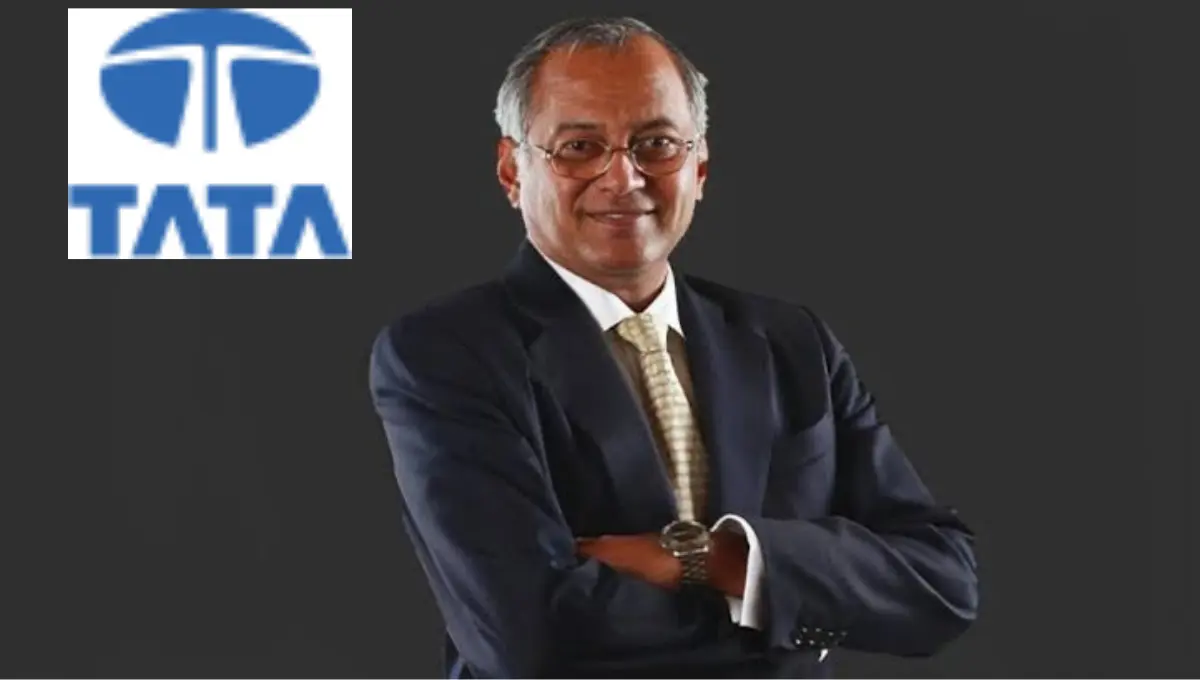Whispers of discord echo through the corridors of one of India’s most revered conglomerates, yet a unanimous decision cuts through the noise like a beacon of resolve.
The Tata Trusts Venu Srinivasan reappointment as a lifetime trustee has come at a pivotal moment, underscoring the organization’s push for continuity even as reports of deepening rifts surface. Industrialist Venu Srinivasan, chairman of TVS Motor Company, was reinducted just days before his term was set to expire on October 23, 2025.
This step, taken with full consensus among trustees, highlights the trust’s commitment to long-term stewardship.
Overseeing entities like the Sir Dorabji Tata Trust and Sir Ratan Tata Trust, Tata Trusts commands a 66% stake in Tata Sons—the holding company of the 156-year-old Tata Group, encompassing nearly 400 firms, 30 of which are publicly listed.
Inside the Tata Trusts Venu Srinivasan Reappointment Decision
This wasn’t a bolt from the blue. Back in October 2024, trustees had passed a key resolution allowing seamless extensions for outgoing members, with no cap on tenure. Sources familiar with the matter say Srinivasan’s nod aligns perfectly with that framework, proposed earlier this week by fellow trustee Mehli Mistry on October 19, 2025.
It’s the first real test of those rules, signaling a shift toward perpetual roles for key figures. Srinivasan, a veteran in the auto sector and philanthropist, brings decades of insight to the table, ensuring steady guidance post-Ratan Tata’s passing and Noel Tata’s ascension as chairman in January 2025—also without term limits.
Cracks in the Foundation: Reports of Factional Divide
Beneath the surface, tensions simmer. Insiders point to a clear split: one camp aligned with Noel Tata, Ratan Tata’s half-brother steering the group forward, and another tied to Mehli Mistry, linked to the influential Shapoorji Pallonji family with deep historical roots in Tata.
A person close to the developments shared with PTI that while Srinivasan’s extension sailed through without dissent, these undercurrents could ripple outward. Tata Trusts stayed mum on queries, fueling speculation.
Yet, the 2024 resolution packs a punch: any trustee voting against a peer’s renewal risks breaching fiduciary duty and facing disqualification.
This levels the playing field, making all members equally accountable—much like the lifelong tenures of icons such as JRD Tata, Ratan Tata, Jamshed Bhabha, and RK Krishnakumar.
Spotlight Shifts to Mehli Mistry’s Upcoming Renewal
All eyes now turn to Mehli Mistry, whose mandate wraps up on October 28, 2025. Will it roll over automatically under the new norms, or demand fresh unanimous backing for a lifetime slot?
Debate rages quietly among observers. Mistry’s role, bridging philanthropy and legacy ties, makes this a high-stakes call. With the trusts driving initiatives in education, healthcare, and rural development, any wobble here could echo across the group’s vast ecosystem.
Ripple Effects on the Tata Empire
These maneuvers aren’t confined to boardrooms—they shape the Tata Group’s trajectory. Holding sway over Tata Sons means trustee dynamics influence everything from mergers to charitable outflows.
Market watchers note that while the reappointment bolsters investor confidence in governance, factional whispers might stir volatility in listed arms like TCS or Tata Steel. For now, it reaffirms the trusts’ role as the ethical compass of a salt-to-semiconductors behemoth.
